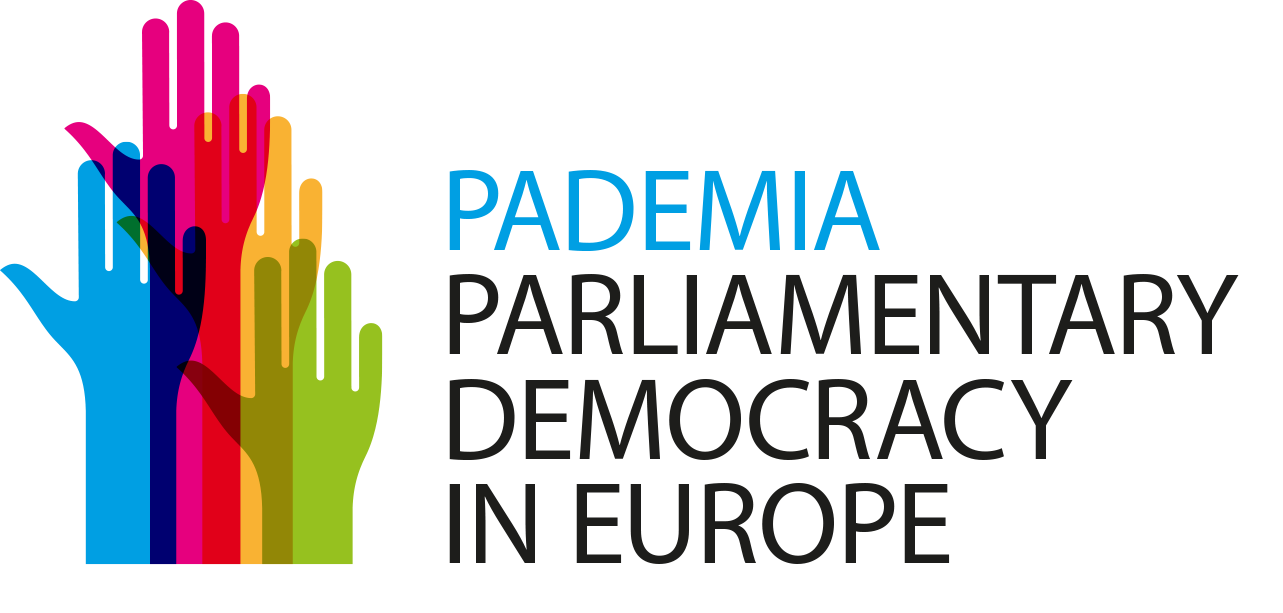The work packages deals with the relationship between citizens and parliamentarians within the context of representative democracy and the challenges this relationship faces.
While long accepted, even taken for granted, as the core institutions within our systems of representative democracy, parliaments’ ability to represent citizens adequately has increasingly been questioned. Within Europe’s nation states, it is mainly the ability of parliament to make collectively binding decisions that has come under criticism. This is due to the ‘relocation of politics’ (Bovens) to new arenas of decision making: transnational and supranational arenas including new international, supranational or global actors, on the one hand, and collective decision-making arenas at and across different levels involving both semi-private and private actors, on the other hand, creating a serious challenge in terms of democratic legitimacy. In addition scholars point to a decreasing legitimacy with regard to the input-side of parliamentary representation due to lower turnout in elections, diminishing party identification, and, at the same time, an increase in demands for group recognition undermining the representational link between political institutions and the citizens.
These developments also challenge standard theories of democratic political representation that focus on the role of regular territorially based elections as a mechanism for citizens to select their officials and entrust them with the running of public affairs. It is increasingly difficult to understand political representation merely as the proper translation of votes into seats, and to base it on the premise that that all other forms of representation and public decision-making in a polity can be subject to the ultimate decision or control of a parliament elected from across the territorial unit as a whole.
The aim of the work package is to deal with these challenges to representative democracy both from a theoretical and an empirical perspective. What are the effects of those changes on standard theories of representation? How do they transform key concepts such as responsiveness and accountability? How do they impact the electoral behaviour of citizens and formal structures of representation? And in what way do the central actors of representation in liberal democracies, parliaments, cope with the challenges? How do they maintain the crucial link with their citizens?
Dr Katrin Auel of the Institute for Advanced Studies (IHS) in Vienna will be in charge of the work package and responsible for the organisation of the workshops and panels. Staff members of the Corvinus University, Budapest and the European University Institute in Florence will assist in the organisation of the latter.
